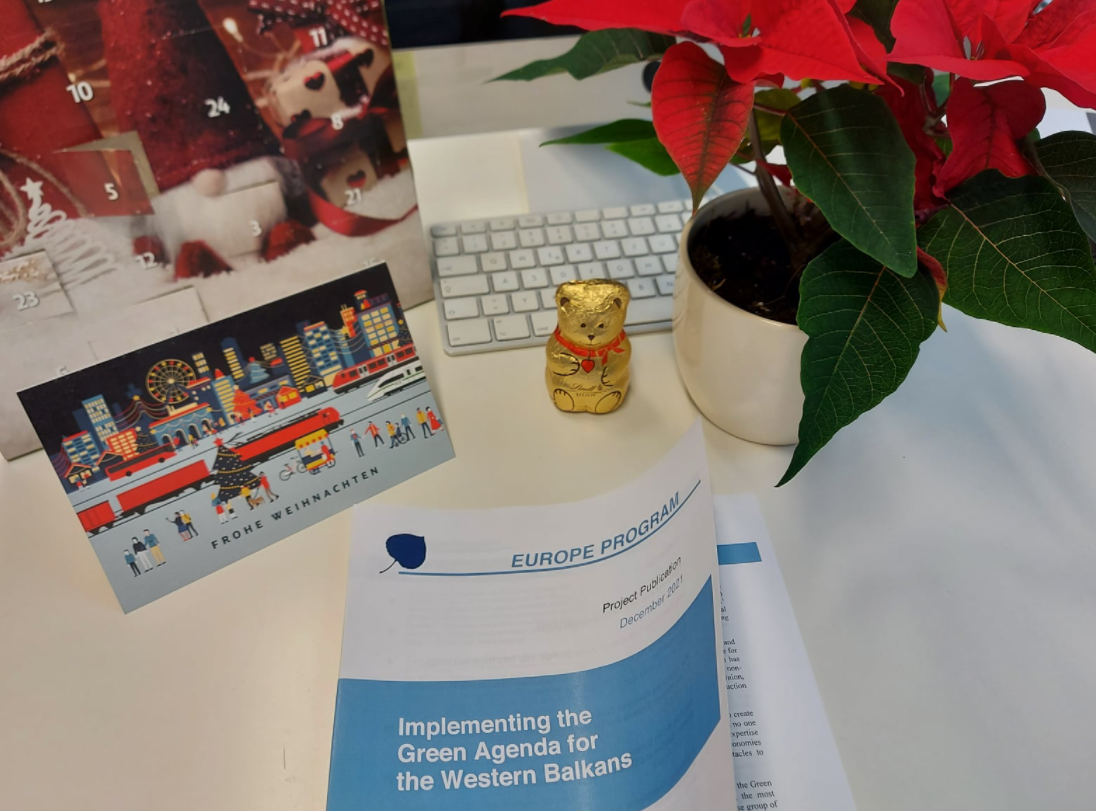In cooperation with the Aspen Institute Germany, the Center for Advanced Economic Studies conducted analysis: “Decarbonizing the Western Balkans: (Political) Economic Challenges and Opportunities”. The analysis is part of a wider publication aimed at answering the question: How far the countries of the Western Balkans have come with the implementation of the Green Agenda?
The analysis focuses on the opportunities and constraints faced by the Western Balkan countries in the process of the green transition. The paper focuses on the necessary energy transition and its three most powerful and immediate impacts on the economy: the impact on the energy sector itself (part II), on the economy (excluding the energy sector) as a consumer of energy (part III), and on the economy as a beneficiary of investment in the greater energy efficiency of buildings and heating (part IV).
In addition to the CEVES analysis, publication consists of three more papers: The Role of the Business Community in Implementing the Green Agenda for the Western Balkans and Decarbonizing the Economy; The Role of Civil Society in Implementing the Green Agenda for the Western Balkans and Decarbonizing the Economy; Just (Energy) Transition in the Western Balkans and the Involvement of all Relevant Stakeholders.
You can see the entire publication at the following link.


 SR
SR